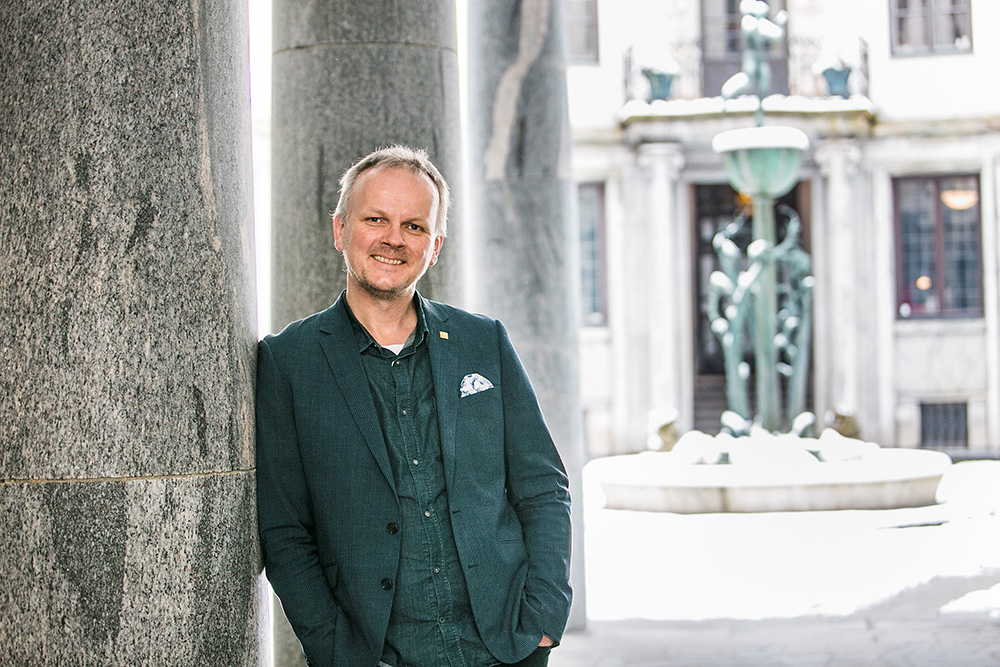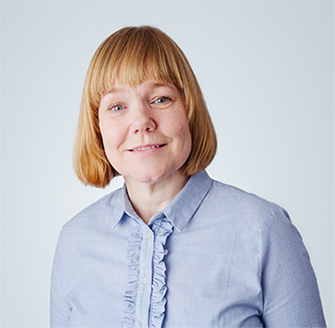An accessible website is a benefit for everyone

Digital accessibility is a legal requirement which means that digital services and websites must be able to be used by everyone.
“It is of course an integral part of our mission not to discriminate against or disadvantage anyone; on the contrary, we want to facilitate that everyone can access KTH’s information and services, to the fullest extent feasible,” notes Jan Gulliksen, Vice President for Digitalization at KTH.
KTH’s face towards the community-at-large is digital, to a large extent. Not the least during the current coronavirus pandemic, we can clearly see how important our digital presence is, he observes, adding that the digital space should be experienced as being at least as accessible as the physical university.
“Digital accessibility is also important for KTH’s credibility as a non-discriminatory university offering education on an equal basis to all. The informational video film produced at KTH is a good example of how we see the issue,” remarks Jan Gulliksen.
“As a university and governmental authority, KTH wants to set an example in terms of accessibility.”
His view is that the level of ambition and knowledge of these issues is high, however as KTH’s digital information content and services are so extensive, it will take time before the ambitions are fully implemented.
Legal requirements and possibilities

Compliance with the Swedish Act on Accessibility to Digital Public Servicesmeans that KTH’s website must be accessible as of 23 September 2020.
Sara Öhman at Communication and Business Liaisons (CBL) within the University Administration works with accessibility issues within the editors’ organisation that publishes in the content management system Polopoly.
“Accessibility does not only concern target audiences with special needs. Everyone experiences states of permanent, intermittent or once in a while restrictions in some form that results in a problem to absorb a webpage content,” observes Sara Öhman.
Accessibility is an issue of democracy, in her view, adding:
“An accessible website is clearer and therefore easier to understand for all users. Search engines also like accessible content and therefore give it higher rankings.”
It is important that everyone who publishes on KTH’s website is familiar with the guidelines in the Web Directive.
“If you publish in compliance with the standards in Polopoly, you’ll achieve more. Even though one needs to know certain guidelines for web content, actually they are not so complicated. A greater challenge is all the inaccessible attached documents on the website that should be webpages instead or simply removed,” comments Sara Öhman , adding:
“It’s high time for everyone to be working on this now.”
The Swedish Agency for Digital Government (DIGG) supervises KTH’s compliance with the law. They can ask KTH to remediate errors and can issue fines.
“Start by watching the video film and other informational support available on the intranet,” urges Sara Öhman.
Words: Marianne Norén

